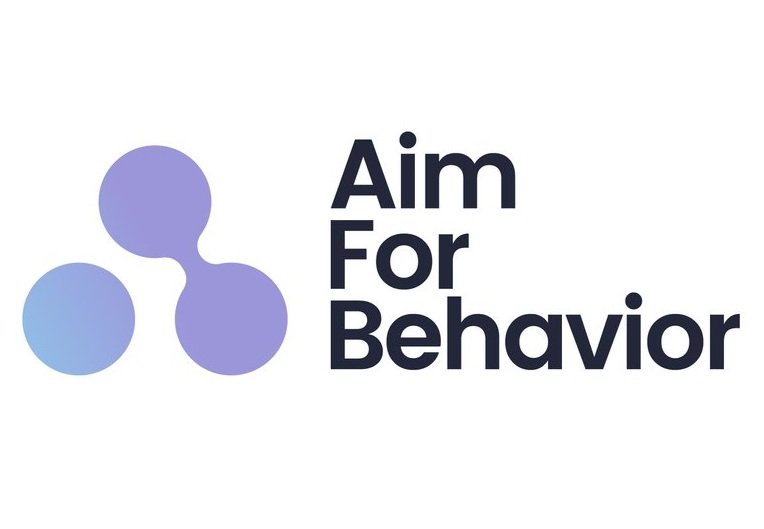What kind of Critical Thinker are you? Well, it may depend....
Last week John List shared a paper he wrote on critical thinking and how it relates to his teaching, which I think can be quite relevant for organizations to have a look.
I like the way he has presented the hierarchy, however, it is important to note, that depending on the context you may be one kind of thinker in the hierarchy, and in another context you may fall into a different part of the hierarchy.
This reminded me of mindset (as per Carol Dweck) - fixed and growth - where also depending on the context, you may have a fixed mindset approach, but in other parts, you may have a growth mindset.
We are, from my own observations, never just one type of anything, we move around, and that is an important thing to think about when you are designing for behavior.
Anyways, here are the critical thinking styles that John has on his hierarchy:
1) Modal Thinkers: Quick in their thinking process, prone to biases in their reasoning. They often accept information that aligns with their preconceived notions without questioning its validity. This approach requires the least effort
2) Neophyte Thinkers: They understand the importance of thought but only question the most obvious inconsistencies in their own and others' reasoning. They often confuse correlation with causation.
3) Adept Thinkers: They are more critical and aware of their cognitive blind spots. They understand causation, and biases, and actively try to avoid them. They grasp the theory of mind but may make some errors when applying it.
4) Great Thinkers: They constantly reassess assumptions in thought and method for logical weaknesses or bias and appreciate intellectual confrontation as they are their own harshest critics.
🔗 You can find the link to the paper Here.
Robert
These are other ways I can help you:
1 ) Get my Behavior Design Course: Learn to add that missing Behavioral Science layer to your products and services in an easy and practical way
2) Explore my services: I work on small projects or as part of your team
3) Frameworks: Get access to my free frameworks and tools

